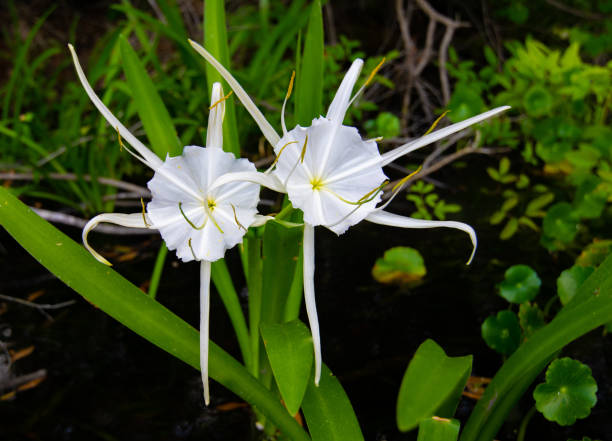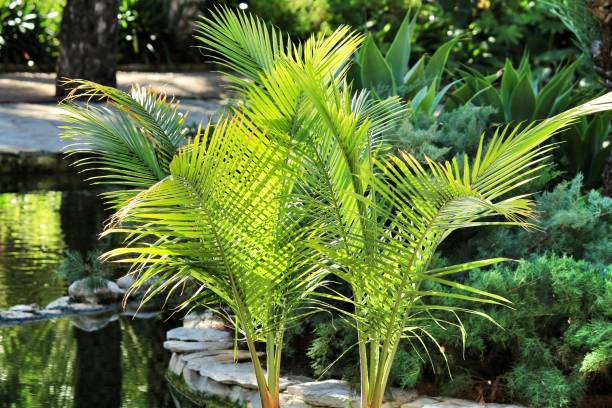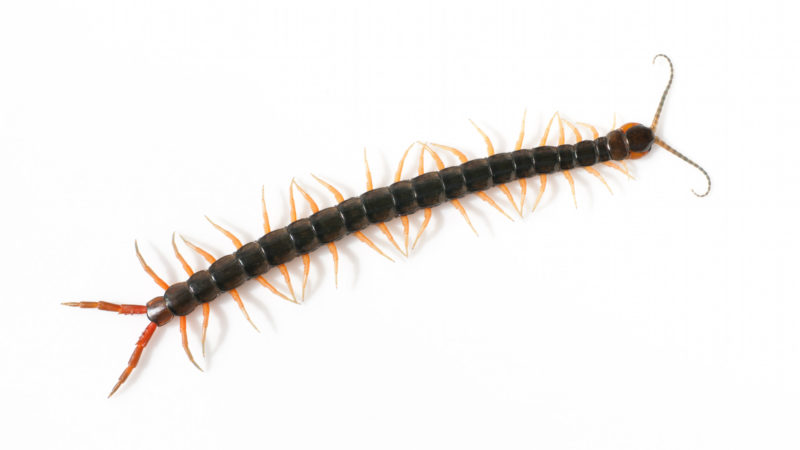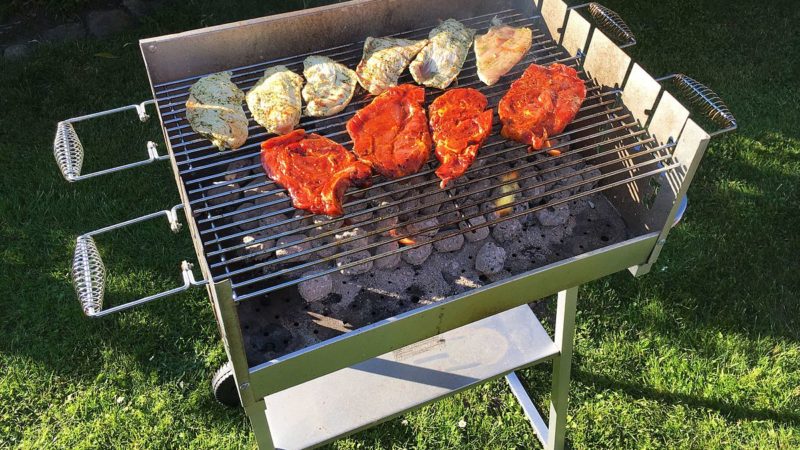Effective Natural Bee Repellent Methods To Keep Your Garden Bee-Free
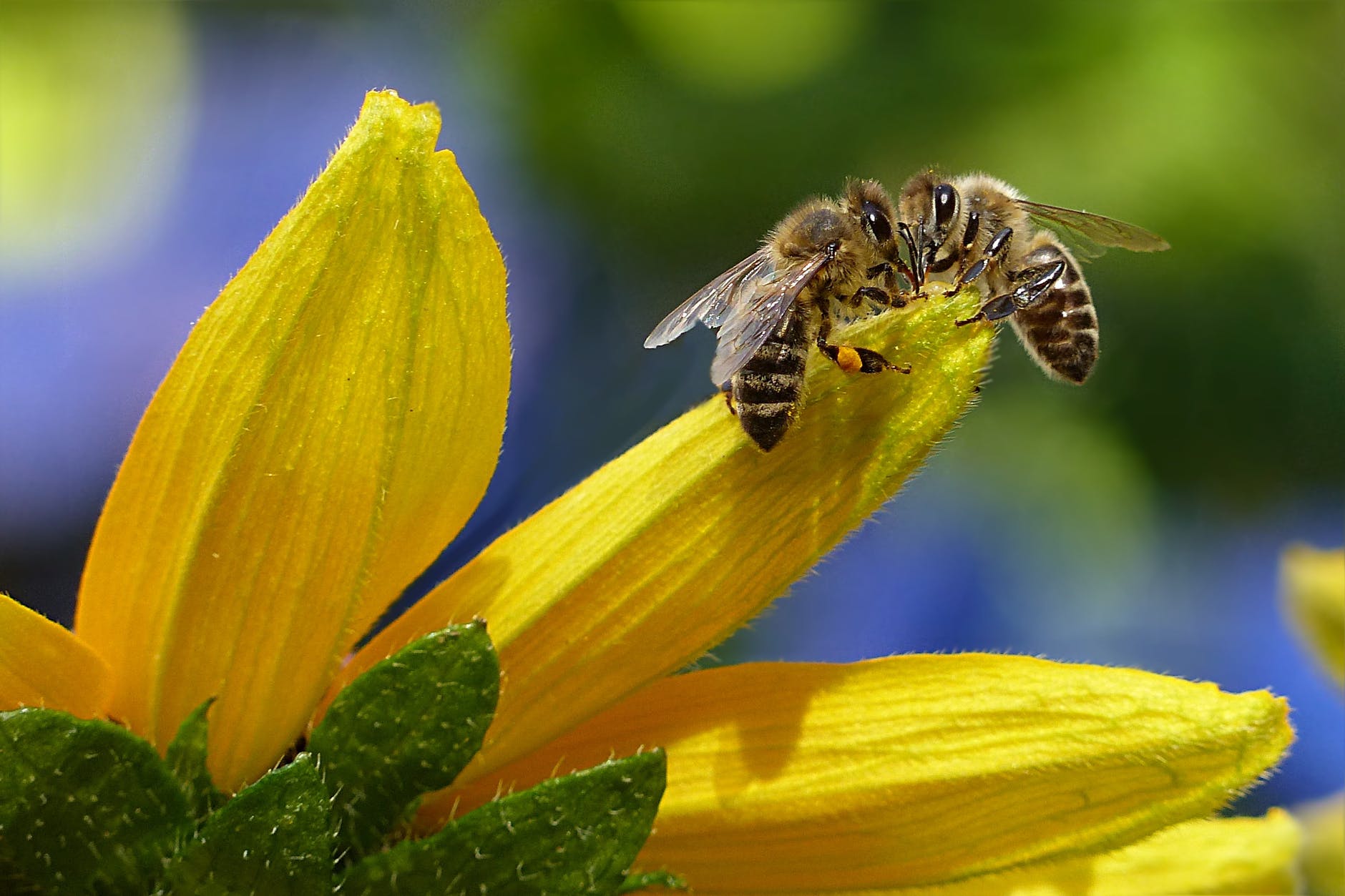
Summers are here! It’s time to enjoy the warm weather outdoors, paying in the garden, or planning a fun get-together outdoors. But nothing can kill the buzz of fresh air like the buzzing of bees all around you. This means it’s time to use some natural bee repellent methods to keep them away from your garden while you enjoy a fun time outdoors.
Most people turn to chemical repellents, insecticides to get rid of bees and wasps, but these may not be the most effective ones. Using insecticide has proven to be fatal to the bee population. Since 2006 there has been a major decline in the bee population worldwide. There Are plenty of ways in which bees help us and keep the ecosystem well-balanced. Luckily we have some natural solutions to keep the bees away from your garden without harming them or the environment.
Let’s get right into some natural bee repellent methods and plants to keep these stinging pests away from your house.
Read More- Best Cat Repellent Methods To Keep Them Away From Your Garden
Plants That Repel Bees and Wasps:
There are certain plants that help to keep your space bee free. These plants are not only great pest repellent, but some of them also make a great addition to your kitchen. Let’s check them out.
Cucumber
Cucumber Is not only a popular addition to our summer salads, but this is also an amazing natural bee repellent. Bees and wasps do not like the cucumber peels’ acidic bitterness; this helps to keep bees and wasps away.
There are plenty of ways to utilize cucumber in the garden to repel bees. First is by planting cucumber plants in your garden; this keeps wasps away and gives you fresh yield for your dinner salad and cocktails. Cucumber requires warm and tropical weather to grow; if this is impossible in the region you live in, you can also spread cucumber peels on your garden bed.
Basil
Another great bee and wasp repellent plant is basil. This herb doubles as bee deterrents and kitchen resources. We love the aroma of fresh basil in tomato sauce, but bees and wasps hate this fragrance. To grow basic, you will need a location that receives 6-8 hours of full sun every day. The soil should be kept moist and well-drained to avoid drawing and root rot.
Geraniums
Geranium is also a great natural bee repellent and can prove helpful to keep wasps away from your garden. Bees cannot see the red color, and red geranium can help to keep bees away. These flowers contain zero pollen and have a scent that bees and wasps do not like. It is easy to grow these flowering plants in your garden. Geranium prefers 4-6 hours of sun every day and can be kept indoors during cold weather.
Wormwood
Do you know why wormwood is one of the best bee deterrents? It contains a substance called absinthe, which is toxic to pests. It has a pungent scent that makes the bees and wasps alert of potential danger and keeps them away from nearby areas. One important tip for growing wormwood is that they need direct sunlight and well-drained soil. It can even kill other gardening plants, therefore make sure to maintain distance.
Mint
Mint is one of the most popular fragrance herbs all over the world. However, this is not much liked by the stinging pests. If you are looking for plants that repel wasps, then this is it. Mint needs sunlight and a little shade to grow. They have a very rapid growth rate and can cover the entire garden before you know it.
Eucalyptus
Another natural bee repellent is the Eucalyptus plant. A favorite among the koalas, but bees and wasps, deter it. You can grow a few Eucalyptus plants in your garden or in small containers. It needs a lot of light to grow properly. As the eucalyptus is drought tolerant, you will have to keep a little gap between each watering session.
Marigolds
Who does not like beautiful marigold flowers in the garden? Yes, you guessed it right. Bees and wasps. The smell of marigolds keeps the bees away. It cannot keep honey bees away but will certainly act as wasp deterrents. Marigolds are a hardy plant and require very little care when planted directly into the ground. Try to include red marigolds to make them more effective in repelling bees.
Read more- Medicinal Plants To Grow In Your Garden
Citronella
Citronella is a very popular mosquito deterrent plant. But did you know it is also one of the best plants that can help to repel bees and wasps? Citronella has a pervasive smell that is offensive to bees and wasps. This plant can be grown both indoors and outdoors but requires a minimum of 6 hours of sunlight, whether outside or through a window. One important thing to remember is that you always have to keep the soil moist to grow Citronella efficiently.
Pennyroyal
The scent of pennyroyal is similar to that of mint, which works great to keep bees and wasps away. This is a small plant with only 6-12 inches of height and is a great choice for container plants. You can grow it easily by giving it frequent watering sessions to prevent it from drying.
Pitcher Plants
Pitcher plants work differently than other plants that repel bees and wasps. Instead of deterring bees, a pitcher plant helps to control them. Pitcher plants are trapping and carnivorous plants that ingest insects for nutrition. Insects get lured into the flowers, and the slippery substance makes them fall into the pool of water and drown.
These flower plants can be a bit tricky to take care of as they require only distilled water or rainwater. These will die if watered using tap, filter, or bottled water. The minerals in this water can be bad for pitcher plants’ health as they are made to get the minerals from insects and pests. Also, pitcher plants require the direct sun to grow.
Cloves
Cloves are spicy and strong, and bees hate their scent, which is why it is a great natural bee repellent to have in your garden. Clove plants are easy to grow and can thrive well after the first autumn. You can buy a few clove plants and keep them in various places in your garden to repel bees.
You can combine cloves with garlic cloves to make one of the most effective bee deterrents. Lemon slices with cloves stuck in them can also help to ward off the bees from your yard.
Thyme
Thyme has a very strong scent which is great to ward off bees and wasps. It is known to work effectively against wasps. It can grow pretty easily in a garden; you can even buy it from the store and replant it. It makes a great container plant, so all you need is a few bunches and put them around the yard. Not only is this a great bee repellent but also a culinary herb.
Lemongrass
Wasps and lemongrass will always be found in the opposite direction. This plant acts as a repellent to many pests that we hate in our yard, and house likes mosquitoes, wasps, and bees. You can easily grow this herb in moist soil and bright sunlight. The fresh yield will make a great addition to tea, cooking dishes, and many other purposes.
Trumpet flowers
Trumpet flowers have a difficult shape making it hard for the bees to suck the nectar. These weird-shaped plants help to keep wasps away. Their yellow jacket becomes less attractive due to their shape and leaves the bees uninterested.
There are plenty of varieties of trumpet flowers like amaryllis, narcissus, honeysuckle, and buttercups. So you will never run out of flower options to keep in your yard and at the same time enjoy a pest-free garden.
Note: when it comes to selecting flowering plants that repel bees and wasps, try to avoid yellow, violet, and blue color plants because these are the bee’s favorite colors. Additionally, the trumpet-shaped flowers make an ideal choice for natural bee repellent because it makes it difficult for bees to suck the nectar and thereby deters them.
How do plants help to keep bees and wasps away?
There are certain plants that pests hate and can help to repel bees and wasps. There are plenty of reasons why plants make great bee deterrents.
- They have scents and smell that wasps or bees hate or cannot tolerate
- Certain plants have sharp thorns
- Fake flowers
- Combining the colors, bees are colorblind to and cannot see
- Growing carnivorous plants in the yard so that they eat any flying insects
- Certain plants attract bees and wasp prey, which forces them to stay away.
Read More- How to Get Rid of Lizards?
Other methods to repel bees
If you do not have much space in your garden to grow new plants that repel bees and wasps, we have some other nature bee repellent methods as well. These methods will keep these nasties away without much effort.
Garlic Powder
Bees hate the smell of garlic, and using it near yo9ur yard will definitely ward off these pests. All you need to do is sprinkle some garlic powder where you see bees often. When using garlic powder, be careful, do not spray it directly on them because it can kill them.
Peppermint
Peppermint smell helps to repel bees and other stinging pests. One best natural method to keep wasps or bees away is by growing peppermint plants around the garden; if not, you can sprinkle peppermint; leaves all over the yard.
Cinnamon
Cinnamon is another spice that bees would prefer to stay away from. Sprinkle cinnamon daily around your house or where you spot bees most often. This will drive them nuts, and they will try to fly away as soon as they can.
Distilled Vinegar
Distilled vinegar is a very effective natural bee repellent to keep these stinging pests away from your house and garden. Keep small open containers filled with vinegar all around the garden to stop bees from hovering around. You can even use vinegar to clean bird feeders and bird houses after emptying by bees.
Citronella Candles
Just like you read earlier, Citronella keeps the bees away; you can use citronella candles to ward off wasps and bees. This will mask any odor that bees are attracted to, like nectar in hummingbird feeders.
Soap Solution
Another natural and organic method to get rid of bees is making a spray of half n half water and soap solution in a spray bottle. Mix the solution well and spray it all wound the bee nest and areas you spot them often. Do it at night to make this method more effective.
Mothballs
Another great way to keep bees away is by hanging mothballs tied in nylon or cheesecloth on the bee nest. Mothballs have a very overpowering scent which can mask all the other smells. Bees hate this smell and will do anything to avoid it.
Vanilla mixture
Bees might love to string on your skin, but they definitely hate the vanilla scent. Vanilla extract is best to keep the bees away from your body. You can mix a tablespoon of vanilla extract with water, and they will not come any closer to you, even if you go in a high bee dense area.
Baby powder
Last but not least, an organic baby powder. Using natural and organic baby powder is the perfect solution to keep the bees away. Sprinkle some baby powder in the bee’s populated corner of your yard, and all the bees will be gone within a few hours.
Final Words:
We have learned that bees are important for flower pollination in school, but that does not mean we need to have a threat of sting always looming in our backyards. Summers are the most preferred time for bees and wasps, and they can spoil our fun outdoor time. Using certain natural bee repellent methods, you can successfully keep them away from your garden and enjoy your summer season without any problem.

